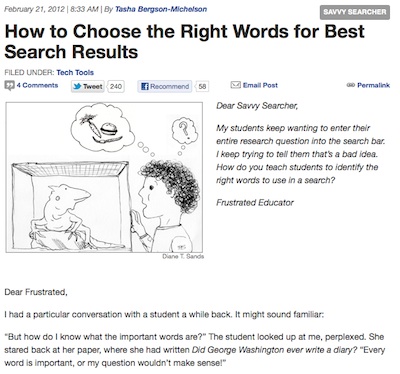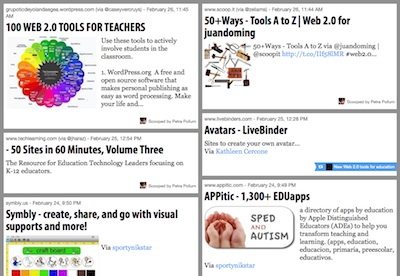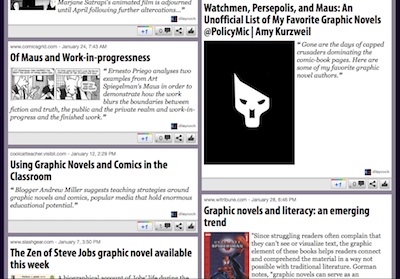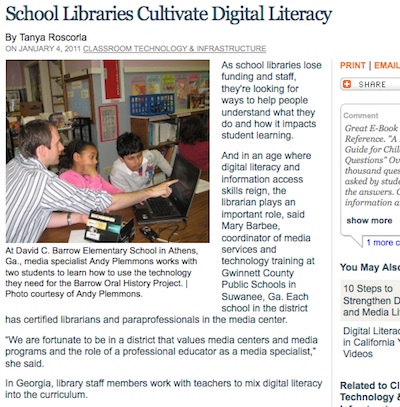Traditionally schools have collected student work samples to store physical examples of accomplishment and compare individual achievement over a period of time. E-Portfolios have so much more potential. They can be used to “help students find purpose and passion through reflection and goal-setting” as they develop their own record of learning. Dr Helen Barrett explains how it is possible to incorporate the use of digital tools in learning to achieve this goal.
Tag Archives: Digital Literacy
Search terms – carefully selected words make a difference!
Students often type full questions into a search engine and wonder why the hits are not what they need. Learning how to decide on key words or search terms can be difficult for students. The following link gives an interesting and ‘fun’ way to broach this concept – use rebuses!
You might remember these puzzles from childhood, where select words in a narrative are replaced with pictures. We started playing with the idea, and realized this could be a great lesson for students in identifying the best search terms.
Online tools for schools
Scoop.it! – Educational topic links
This new tool allows people to gather online resource links to issues in one accessible place. Here are links to some created by Teacher Librarian colleagues who curate in a number of relevant educational topic areas.
The Value of Twitter – Linda Weeks
Web 2.0 tools for English Teachers – Linda Weeks
Digital Citizenship in Schools – Judy O’Connell
Social Networking for Information Professionals – Judy O’Connell
Graphic Novels in the Classroom – Di Laycock
Digital Literacy: Finding information is one thing – using it is another!
The role of teacher Librarian is to foster and improve Digital and Information literacy across the school. Both teachers and students need to become expert information users.
“In the white paper Digital and Media Literacy: A Plan of Action, professor Renee Hobbs from Temple University mentions skills that show digital and media literacy, including accessing information, solving problems, working collaboratively, communicating effectively, and analyzing data and evidence.“
Teacher Librarians assist collaboratively with the implementation of Information Literacy into the curriculum. Read more about this in this post on the Converge site:
Global Changes in Education: the teacher’s role
This video “addresses the forces of change that are causing educators globally to rethink what education for today’s students should involve.”
Students are moving from learning about an historical body of information to becoming life-long learners manipulating information to solve and innovate in inquiry projects.
How do we help them to become capable of managing their own learning and to be learning forever? Information literacy and digital literacy is the key and this is the special role of Teacher Librarians as they team with classroom teachers in the school.




